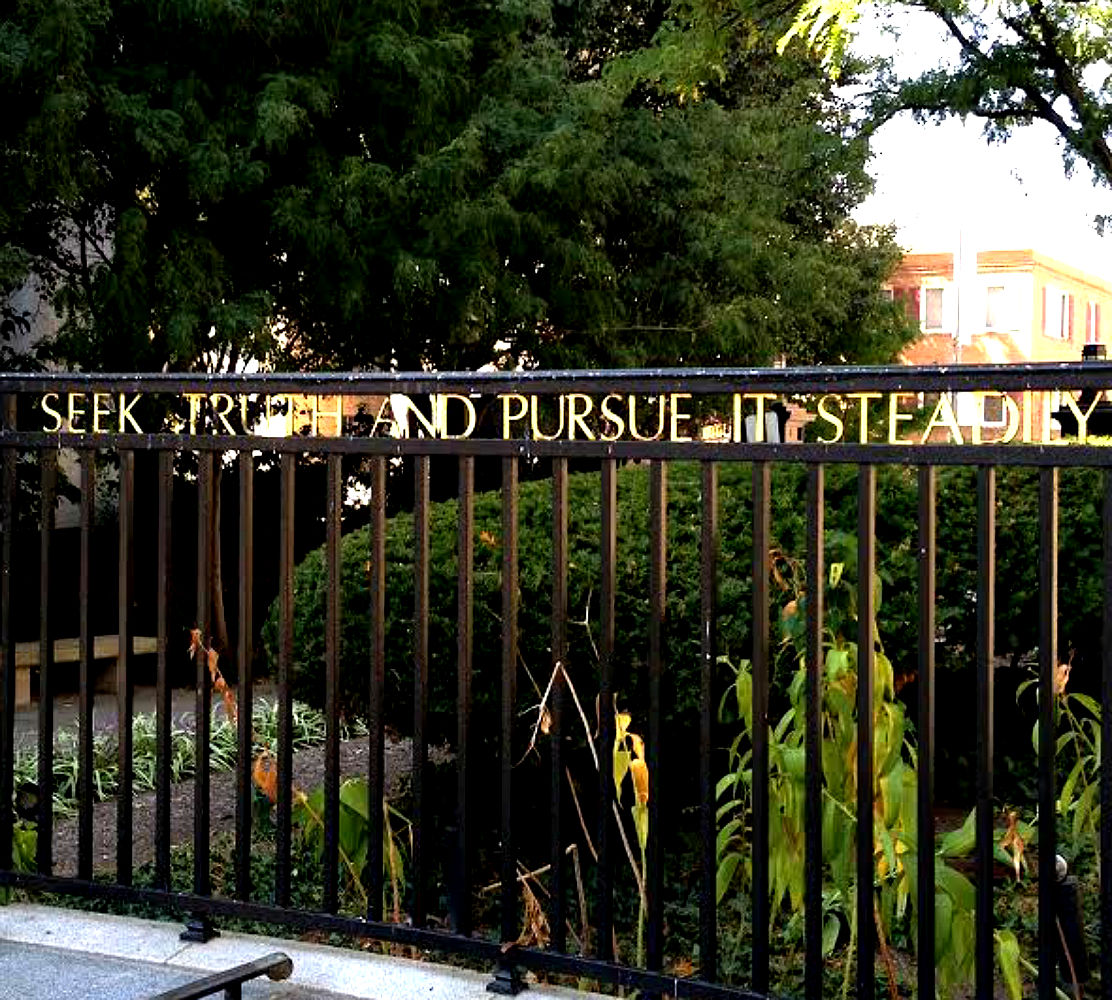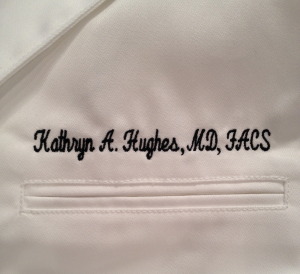“Every day, I write the book…” Elvis Costello
I write every day, but somehow have not considered myself a Writer. I am a physician, a surgeon. I take care of patients. I operate, I admit patients to the hospital, I consult. I order tests, labs, images; I do physical examinations, I take medical histories. And I write it down.
I gather all of this information, and more than simply recording the list of symptoms, physical findings, and results, I convey the narrative of what has happened, what is going on, the interpretation, the plan. So, maybe I am a writer. A biographer, of sorts, telling the story of every patient I see, at least as it relates to their health or illness. Synthesizing the data, the history, the laboratory and test results, the imaging–into a narrative that not only explains how and why the patient got here, but also what I think is going on (and what is not going on), what it means, and what we are going to do about it (whether that means fixing it or figuring out what else we need to do). All of this are chapters in the story I am telling, to communicate the information, my thoughts and reasoning, my plan to my colleagues. The original, and still primary, reason for the patient chart (whether electronic or paper), the medical record is Telling A Story.
This special “biography”, the history, is an extremely important piece of this story, of caring for patients. All of the testing in the world–labs and imaging and what have you–are really only in support of, augmenting, what is learned in the history, and can not and do not replace it. My wise professors and teaching attendings held to this, and demonstrated it; it has been my experience throughout my own practice and career. They maintained that about 90% of what was really happening with the patient could be ascertained from a skilled, well-done history.
This takes time to do, time to master. And although this percentage may be a bit inflated, so as to impress the young minds under their tutelage, it does not diminish the importance. Continue reading



